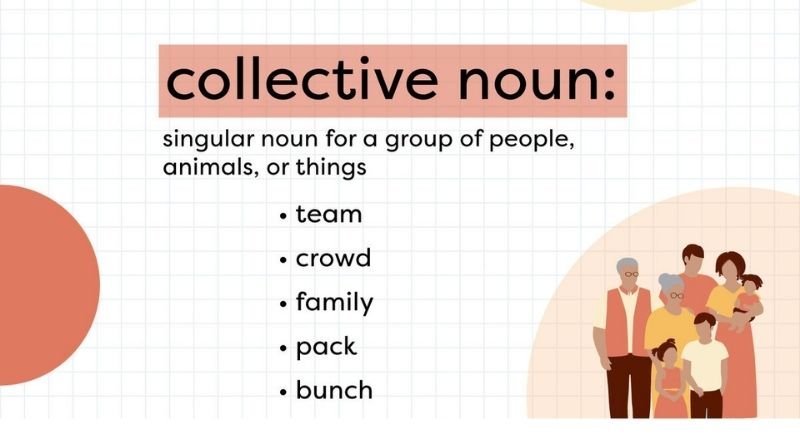Everything You Need to Know About QuickBooks
QuickBooks is one of the most popular accounting software systems in the world, with more than 19 million small businesses using it to streamline their finances and keep track of their money. But what’s so great about QuickBooks, and why should you choose it over something like Microsoft Excel? In this guide, we’ll go over everything you need to know about QuickBooks and how it can benefit your business!
The Right Accounting Software
QuickBooks is one of the best accounting software solutions available for small businesses and is a leader in the industry. Along with bookkeeping and invoicing, QuickBooks also comes with time tracking and project management tools. Intuit updates the software annually, so it’s always improving based on feedback from customers like you. It is compatible with Windows 7, 8, and 10 operating systems. The most recent version, QuickBooks 2018 includes new features such as mobile paychecks and take-home pay stubs that are sure to make life easier for business owners.
It integrates seamlessly with third-party apps like payroll services or e-commerce platforms.
Understanding Accounting
There are many aspects of accounting such as cash flow, balance sheets, forecasting, billing, and collections. All these things are done in order to ensure that a company is maximizing profits while minimizing risk. In order to make sense of all the different components that go into accounting, accountants organize them into specific financial statements. There are two primary statements: The income statement and the balance sheet. A business or person may have both at the same time depending on if they have debts owed or not.
How QuickBooks Works
When you set up a new QuickBooks account, you’ll create an online company file and assign an administrator. The administrator is the person who can make changes to accounts, such as adding new vendors or employees. Accounts in QuickBooks are divided into different categories like Assets, Liabilities, Income, Expenses, and Equity. Accounts are also organized by sub-categories like Current Assets (cash) or Fixed Assets (long-term assets). Accountants typically use these reports to determine how profitable a business has been for each category. One of the most popular reports on QuickBooks is the Balance Sheet, which tells us if we have more liabilities than assets or vice versa.
How to Set Up and Track Sales
Setting up and tracking sales is a key feature of QuickBooks. It provides you with a range of useful reports that can help you easily track where your money is coming from and how well you’re doing at meeting your monthly budget. If you need help, there are tons of tutorials online to get you started.
There are also templates for various types of businesses like retail stores, restaurants, or construction companies so all the information on taxes, payroll, invoices, and inventory will be tailored to the type of business.
It also lets you do basic accounting like calculating the cost of goods sold or determining what percentage of your company’s net income was for the year if it’s an LLC.
How to Process Payments
You can process all of your payments through QuickBooks, or only certain ones. You can connect your bank account, PayPal account, and/or credit card so that you can deposit and withdraw money. This is a helpful way to keep track of what you are spending, who paid you back for past purchases, and how much revenue you’ve made with each transaction. QuickBooks also gives you detailed information about the income tax form-filling process, which will help you file on time without any issues. If anything comes up that’s confusing while using the software, there’s an online help center to answer any questions.











